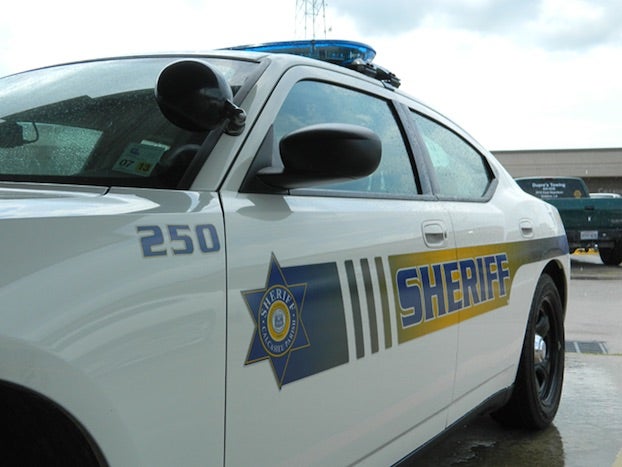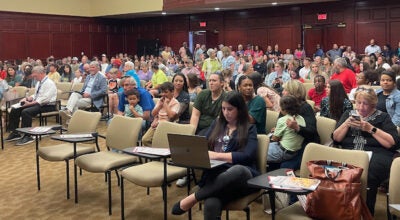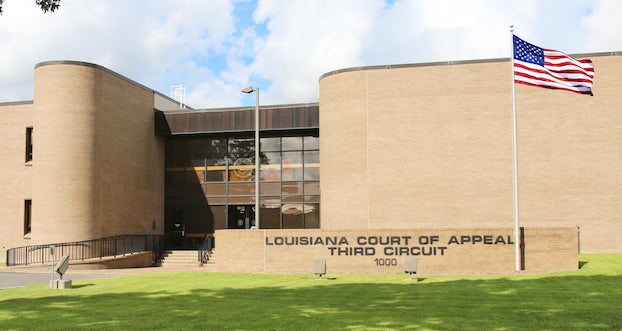Magnolia two steps closer to getting OK for LC plant
Published 8:11 am Tuesday, September 23, 2014
Magnolia LNG executives have come two regulatory steps closer to receiving approval for their plant in south Lake Charles.
Officials from the United States Coast Guard last week approved Magnolia’s Water Suitability Assessment, a critical component of the company’s application with the Federal Energy Regulatory Commission.
John Baguley, Magnolia’s chief operating officer, said the Coast Guard’s approval means the company’s chosen site, which will be located across the Devil’s Elbow from Trunkline LNG’s plant, can export LNG safely along the Calcasieu Ship Channel. Magnolia executives plan to build a berth jetty on site where ships will dock to receive LNG from the plant for export.
“FERC requires that approval,” Baguley said. “Fundamentally, it wouldn’t do any good to do a site assessment if that site couldn’t export LNG; it would be a physical restriction. FERC could find that the site is fine but if the Coast Guard doesn’t allow you to ship LNG out of that site from a port there, then the whole thing is pointless.”
Magnolia LNG’s proposal also received an important green light from the U.S. Department of Transportation, which sent a letter of No Objection to FERC approving the plant’s spill design methodology. Baguley said Magnolia’s spill design methodology addresses a what-if scenario if a leak of refrigerants occurs at the plant.
“You do modeling to determine how fast the spill occurs, how long does the spill occur for and what are the impacts of the spill,” Baguley added “Does vapor from the spill travel outside of the plant’s facility?”
He added that DOT’s letter is a sign that the project is moving forward.
“Without that letter, FERC reaches a point where they can’t go any further and they have to stop until they get the letter,” he added. “Now they can move on with their assessment process. It’s a significant item.”
Magnolia’s estimated $3.5 billion project will consist of four LNG trains, which will be built on 120 acres near the intersection of Henry Pugh Boulevard and Big Lake Road in Lake Charles. Each train will produce 2 million metric tons per year of LNG, which will be stored in two, 160,000-cubic-meter cryogenic tanks.
Rick Hickman





